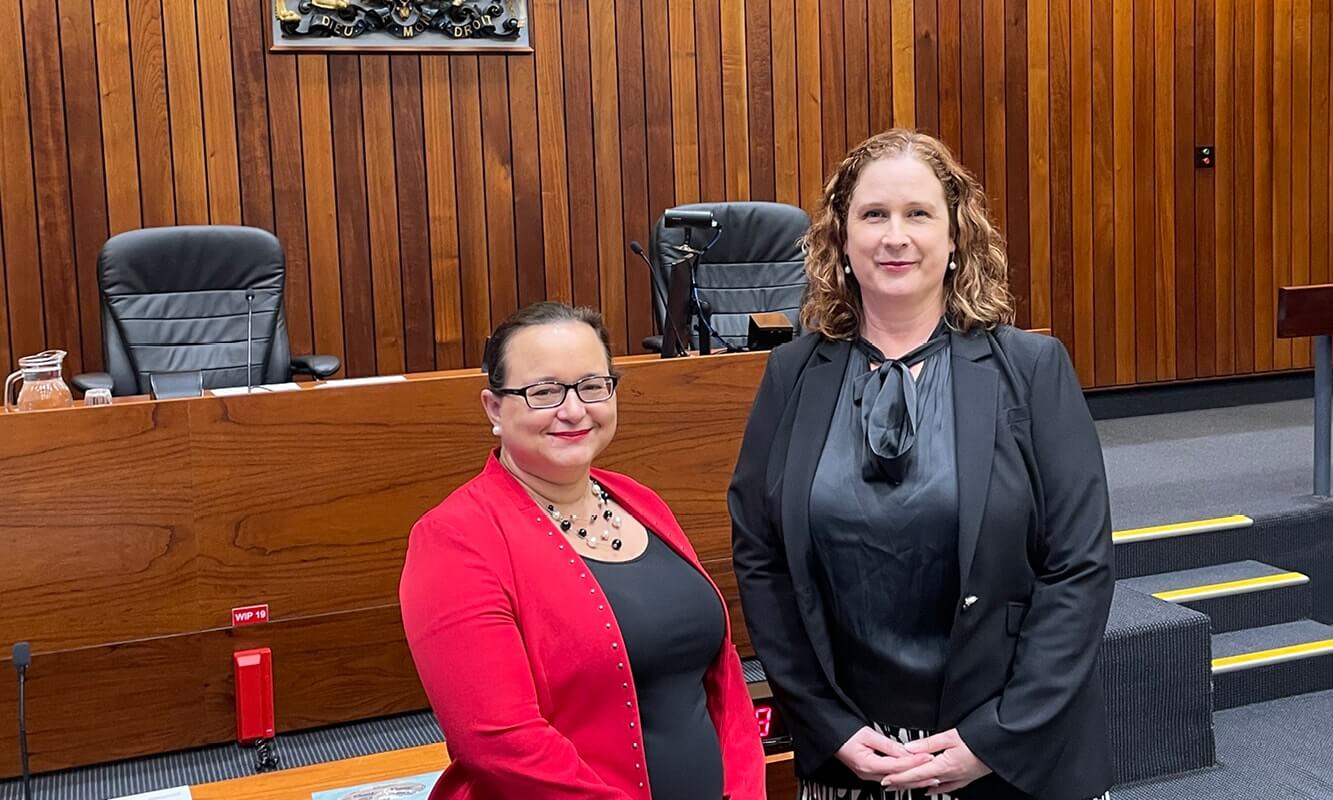As solicitors acting in Queensland, we understand our professional obligations to act ethically, honestly and in accordance with the law, to uphold the standards of the legal profession and to maintain our independence when acting for clients.
When it comes to independence though, the obligations can be trickier to manage for in-house counsel.
In-house counsel, particularly for more senior roles, often have dual roles of being a trusted business advisor with a commercial approach as well as a trusted legal advisor providing professional advice and legal guidance to the business. Occasions can arise where there is a conflict between these roles.
What is independence and why does it matter?
Independence means that an in-house lawyer can independently exercise their professional legal judgment and act in the best interests of the business without being influenced by external pressures or conflicts of interest.
Independence is important as it allows an in-house lawyer to provide honest, impartial, and competent legal advice. It also enables the in-house lawyer to uphold the ethical standards and values of the legal profession.
What are some of the challenges for in-house lawyers?
Maintaining independence can be challenging for in-house lawyers, especially in complex and dynamic business environments. Some of the common challenges and risks include:
- Conflicting interests: As an in-house lawyer you may face situations where the interests of your employer conflict with your own, or with those of other parties, including shareholders, customers, suppliers, regulators, or competitors. In private practice, a conflict is generally resolved by ceasing to act for a client however it can be a bit more complicated in-house.
- Undue influence or pressure: As an in-house lawyer you may face scenarios where there is pressure or interference from your employer, your stakeholders or other senior managers, who may have different goals, expectations, or incentives than you. Legal advice by in-house lawyers should not be subject to direction or alteration by non-lawyers.
- Lack of resources: You may have limited access to resources, such as time, budget, staff, or external counsel, that are necessary to perform your work effectively and independently. Shrinkflation of in-house teams carries the risk on increased pressure for output.
- Lack of support: You may also not receive adequate support or recognition from your employer or colleagues in other departments, who may not understand or appreciate the value and stresses of the role you hold.
How can in-house lawyers maintain their independence?
There are some pro-active steps you can take:
- Establishing clear roles and boundaries: Clarify your role and the scope of the work you do, including your reporting lines and authority. Set clear boundaries and expectations with your team and regularly discuss any issues that arise. Ideally, include your role, scope and a statement of independence in your employment contract. Your job title should clearly identify you as a legal professional and, if you are acting in dual roles, correspondence and files you manage should identify when you are acting as legal counsel and when you are acting in another capacity.
- Seek advice and guidance from your network: While always keeping your duty of confidentiality front and centre, seek advice and guidance from your peers, mentors, or external counsel, if you face ethical dilemmas, conflicts of interest, or difficult situations. If you don’t have other lawyers where you work, build a network of in-house peers you can reach out to. Professional memberships, legal education for in-house lawyers in your area, targeted LinkedIn groups and QLS In-House Committee breakfasts can help you to build your network. QLS also has great resources for managing ethical issues.
- Managing conflicts and risks: It’s important to identify, disclose, and resolve any conflicts of interest that may arise in your work, and avoid any actions that may compromise your independence or integrity. Taking time (personally or as a team) to workshop possible scenarios, and how they could be managed, can help take the stress out of the scenario if it eventuates.
- Enhancing skills and knowledge: Continuously update and improve your skills and knowledge. Engage regularly in professional development, training, and updates. As an in-house lawyer, many of the larger law firms provide free resources to help you keep up to date with the areas of law that impact the business you work for. Knowing more about the industry you work in will also help to build trust with your stakeholders.
- Practising certificate: Maintain a practising certificate and only act for the entity noted on your practising certificate. See QLS Guidance Statement No. 15 In-House Counsel – Practising Certificates for more information. https://www.qls.com.au/Guidance-Statements/No-15-In-house-counsel-practising-certificates
- Build trust and respect: Building a relationship with your employer, stakeholders and senior management based on trust and respect helps you to maintain your independence when it counts. Work on:
- Demonstrating your value, expertise, and professionalism
- Fostering a culture of openness, collaboration, and feedback
- Seek to understand and align with the business goals and vision where appropriate to do so
- Legal privilege: Upskill yourself, complete training and have policy and procedures in place to ensure legal privilege is understood and maintained by you, your team and the greater business.
General Legal Counsel Debbie Gregory is a member of the QLS In-house Counsel Committee.














Share this article